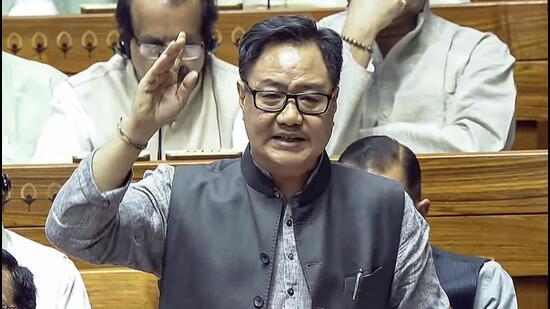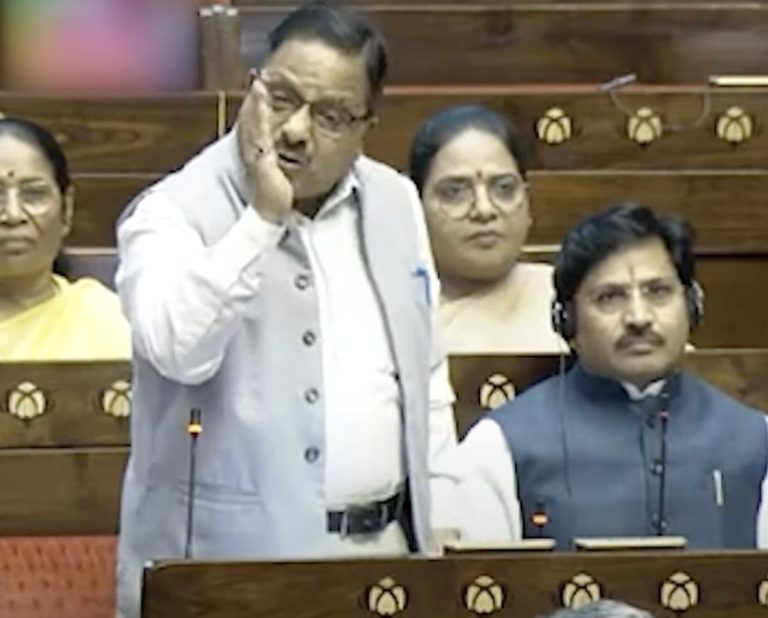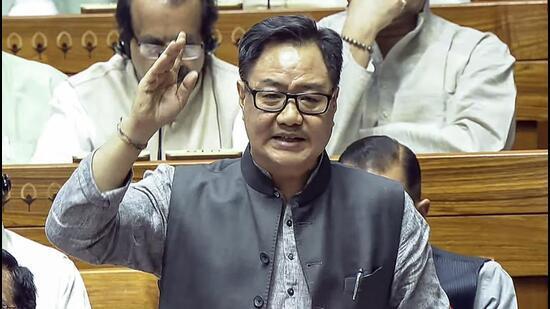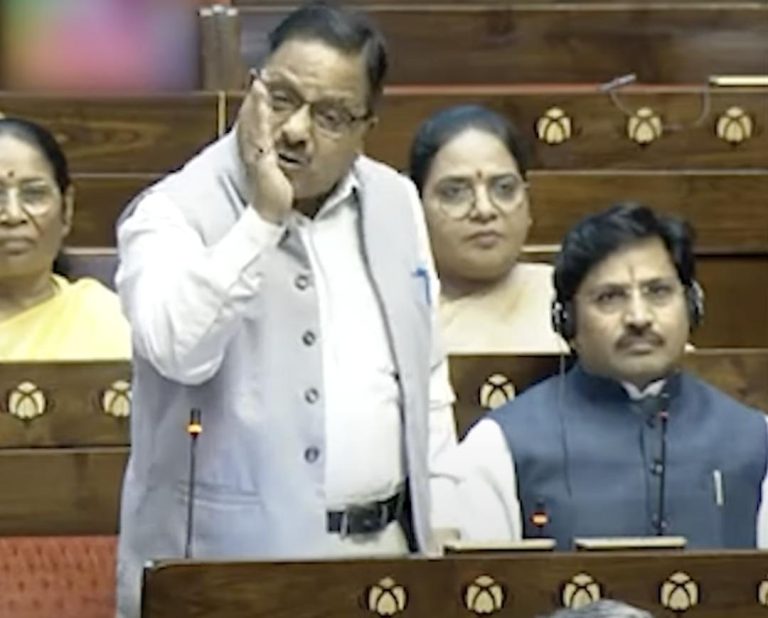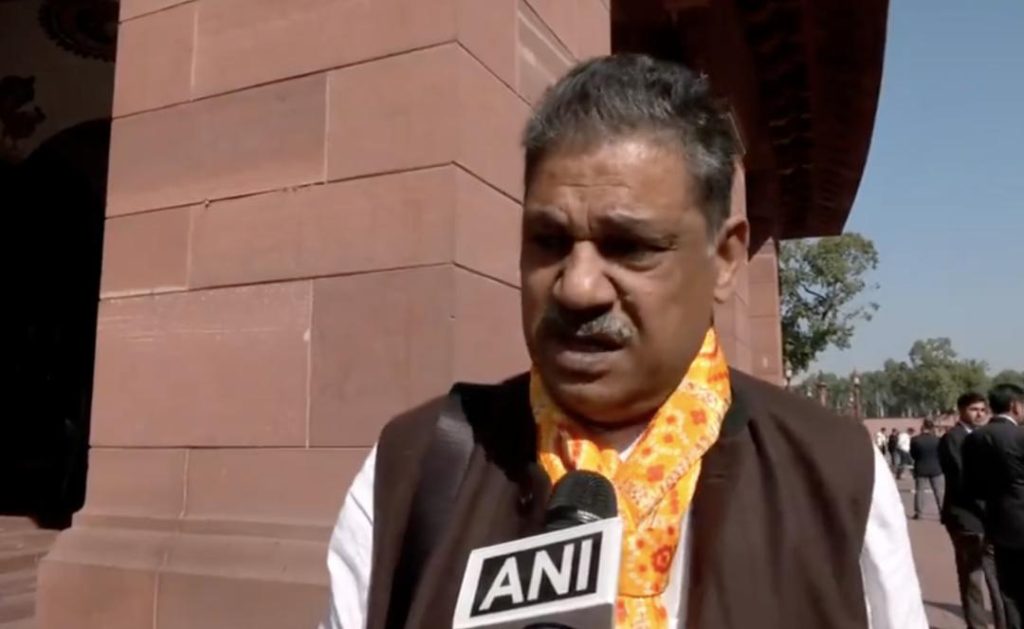
Why is Congress losing everywhere?: Kirti Azad on Delhi Exit polls
The exit polls for the Delhi Assembly elections have been released, and as expected, they have predicted a victory for the Bharatiya Janata Party (BJP). While the results are yet to be officially declared, the buzz around the exit polls has sparked a heated debate about the future of the Congress party. Amidst this, a prominent voice has been raised by Trinamool Congress (TMC) MP Kirti Azad, who has questioned the Congress party’s ability to lead the opposition.
Reacting to the exit polls, Azad said that if the BJP is indeed forming the government in Delhi, then the Congress party needs to have some serious deliberations. “We had such a good boost in the Lok Sabha elections, but why is Congress losing everywhere?” he asked. Azad’s statement has sparked a controversy, with many within the Congress party taking offense to his words. However, it is essential to examine the validity of his claims and the challenges that the Congress party faces in the current political landscape.
It is undeniable that the Congress party has been facing a decline in its fortunes over the past few years. From being the dominant force in Indian politics for decades, the party has been struggling to regain its lost ground. The BJP, on the other hand, has been riding high on its nationalist agenda and has managed to consolidate its position across the country.
One of the primary reasons for the Congress party’s decline can be attributed to its inability to adapt to the changing political landscape. The party has been slow to respond to the shifting sands of Indian politics, and its failure to innovate and reform has led to a decline in its popularity. In contrast, the BJP has been able to successfully reinvent itself, embracing new ideas and strategies to stay relevant.
Another significant factor has been the party’s inability to project a strong leadership. The Congress party has been plagued by leadership crisis, with no clear leader emerging to take the party forward. This vacuum has been exploited by the BJP, which has been able to capitalize on the Congress party’s weakness.
The exit polls for the Delhi Assembly elections have also highlighted the Congress party’s inability to connect with the people. Despite being the principal opposition party, the Congress party failed to make a significant impact in the elections, with many of its leaders and candidates losing their deposits. This lack of connection with the people has been a major factor in the party’s decline.
Azad’s statement has also raised questions about the future of the Congress party as the leader of the opposition. The party has been the traditional bastion of opposition to the ruling party, but with its decline, there are doubts about its ability to continue in this role. Azad’s suggestion that the opposition needs to give a thought to whether the Congress party should continue to lead the bloc has sparked a heated debate.
While some have criticized Azad’s statement, saying that it is premature to question the Congress party’s leadership, others have argued that it is essential to have an open and honest discussion about the party’s future. The truth is that the Congress party needs to have a serious introspection and reboot its strategy if it wants to regain its lost ground.
In conclusion, Azad’s statement about the Congress party’s decline is a stark reality that needs to be acknowledged. The party’s inability to adapt to the changing political landscape, its failure to project a strong leadership, and its lack of connection with the people have all contributed to its decline. The opposition needs to have an open and honest discussion about the party’s future, and it is essential that the Congress party takes concrete steps to reform and rejuvenate itself.
